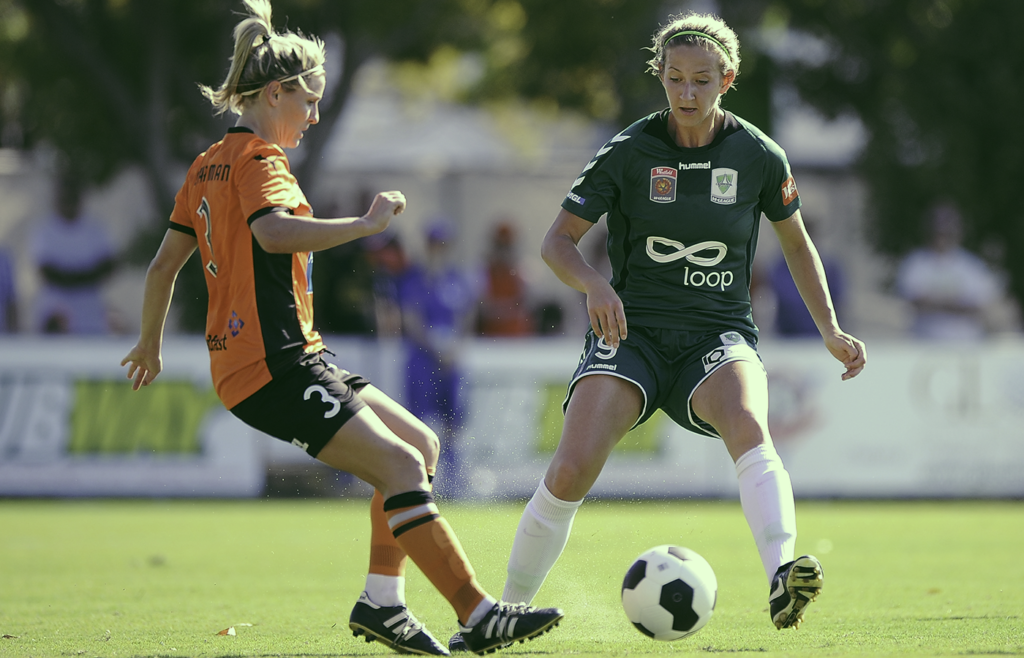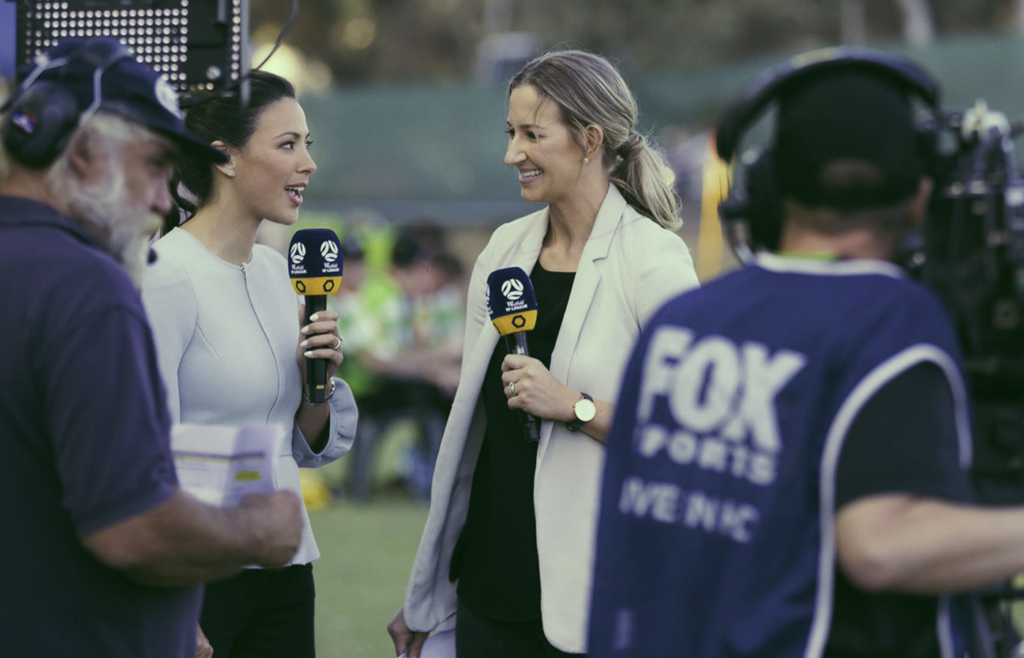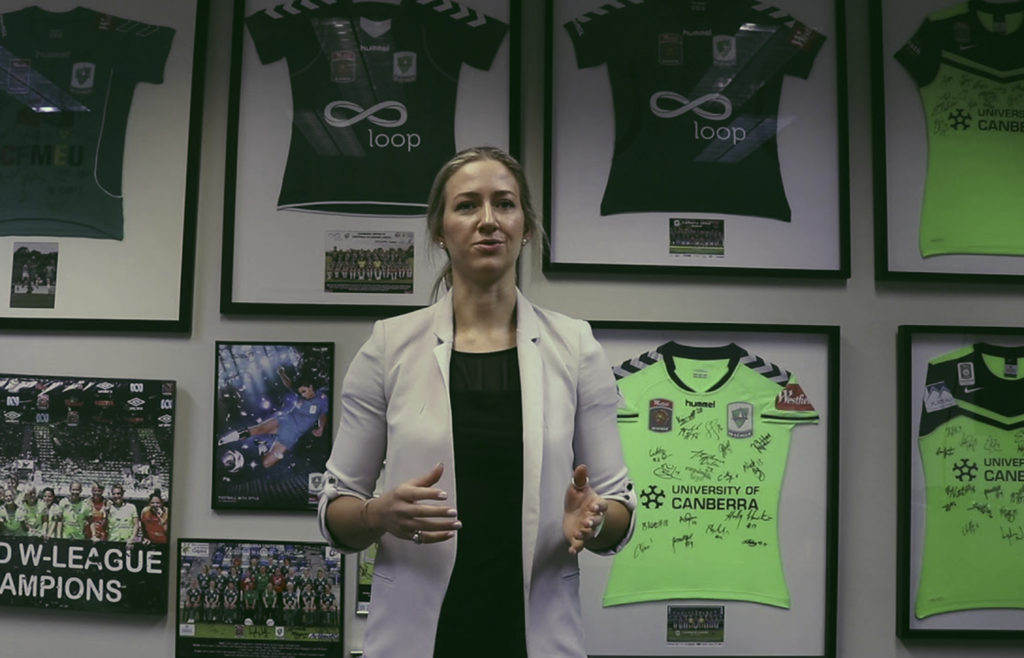By Grace Gill , former W-League player and PFA Past Players Program Ambassador
Transitioning out of football was an incredibly challenging time. I considered myself to be well prepared and surrounded by a strong and supportive network, but even then, it came with its own set of difficulties.
I wanted to control how my professional career transitioned and put this decision in my hands. I was dealing with ongoing niggles and injury troubles but furthered by increasingly less game time and frustration led to not enjoying myself as much as I once did. I didn’t want to find myself at an age or point in my career where I was shown the door – this was a decision I wanted to manage on my own terms, and in my own time.
During my football career I continued to maintain full time work and save money where I could. I established myself in the corporate world outside of football, which was a very deliberate move.

During the latter years of my playing career, I made the most of the opportunities I was presented through football – media, commentary, mentoring, community work – this not only made this challenging time in football fulfilling, but it also leveraged my transition once I did stop playing.
With the exception of commentary and media experience, my full-time work was completely separate to that of my football career. This had both its benefits and downfalls; the benefits being that I could separate and have a life outside of football; and the downfall being that it was full-time work in a period where I was playing professionally (or as professional as the W-League was from 2008 – 2015).
The commentary and media experience during my playing career has definitely benefited my work in these roles post playing.

During the time I played W-League there was no minimum contract or CBA, so it was genuinely very rarely about the money. Small reimbursements were paid on semi-professional contracts, and for domestic, non-Matilda players, this reimbursement was minimal. It almost forced our hand to have to work a job elsewhere – there was no feasible way you could live off the money from playing football.
I think there’s a great opportunity for a program to exist to support athletes transitioning out of their sport, football or otherwise. Initiatives like training to enter the corporate world; CV writing, interview practice, career advice, short courses; and even more importantly; psychological support in the way of counselling, community programs and the care around mental health difficulties that many athletes experience, would be incredibly valuable.

I believe I was in a fortunate position when I transitioned out of football, and even then, I had a tough time with it.
I feel very passionately about providing a platform that didn’t exist when I finished playing. I want to be able to help players ease into what life outside and after football looks and feels like. This is something I’ve spoken about with many current and former players and am eager to be involved with any potential opportunities that could bring this initiative to life.








